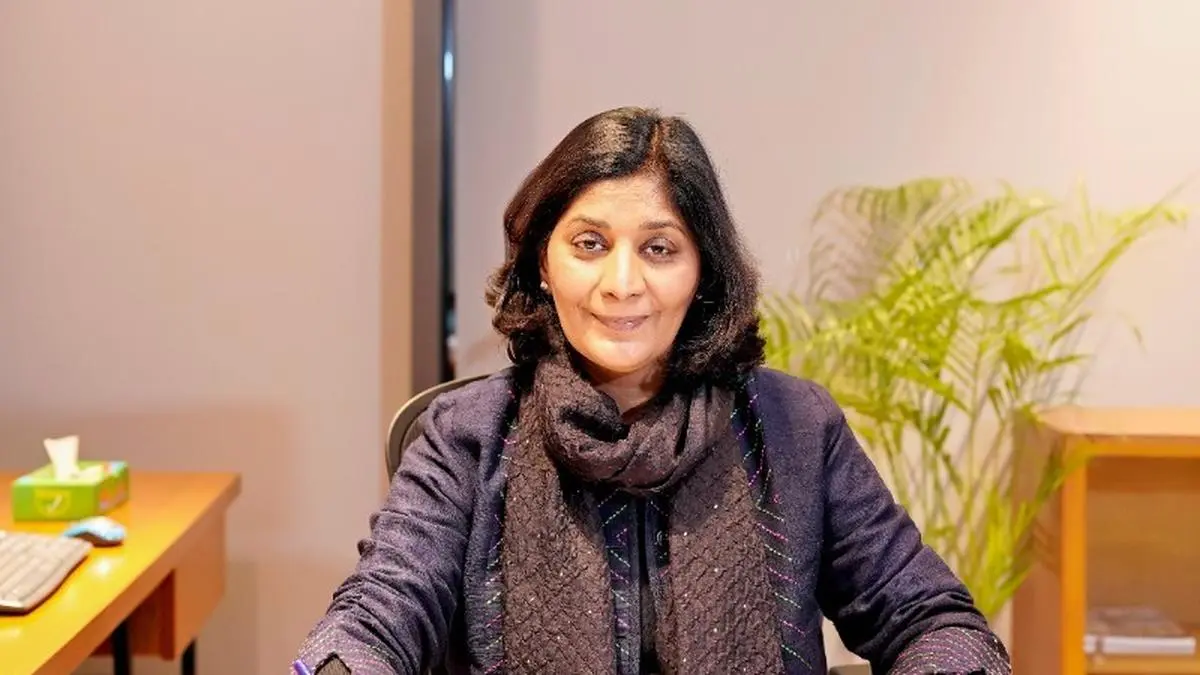The Reserve Bank of India (RBI) will have a woman Deputy Governor (DG) after a gap of about 14 years. The government has appointed Poonam Gupta as RBI DG, a post which was lying vacant after Michael Patra demitted office in mid-January 2025.
Gupta currently serves as the Director General of National Council of Applied Economic Research (NCAER), an economic policy think tank. She is also a member of the Economic Advisory Council to the Prime Minister; and Convener of the Advisory Council to the 16th Finance Commission. Her appointment comes days ahead of the meeting of the RBI’s monetary policy committee (MPC) meeting, where the regulator is widely anticipated to cut repo rate by 25 basis points.
In the last nine decades of its existence, the central bank so far had only three woman Deputy Governors earlier – KJ Udeshi (June 10, 2003 to October 12, 2005), Shyamala Gopinath (September 21, 2004 to September 8, 2009) and Usha Thorat (November 10, 2005 to November 9, 2010). All the three woman DGs were career RBI officers. Fifty-five year old Gupta will be the fourth woman to be appointed DG.
Commenting on Gupta’s appointment, Madhavi Arora, Chief Economist, Emkay Global Financial Services, said: “She understands the macro cycles very well. She can cut through the noise in data and grasp the underlying economic developments much better. She has a little bit of dovish bent on monetary policy (that is what I understand), which may be good for a rate cut.”
Madan Sabnavis, Chief Economist, Bank of Baroda, observed that for the first time a lady will be heading the crucial monetary policy and Economic & Policy Research departments.
Strong research
“She is an academician-cum-practitioner of economics. That is where her advantage lies. For this particular post, you need somebody with an academic bent of mind because all the research that comes out of RBI’s various departments goes as input for its policies, which are based on strong research. She is somebody who has a complete grip over that. This capability she has shown in NCAER as well as World Bank.”
